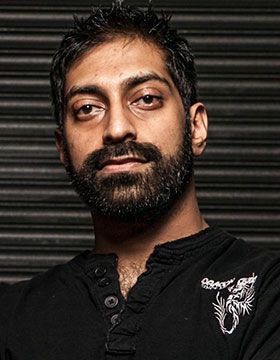
There's an old Korean proverb that goes: "When you're drowning, don't blame the water".
This statement is in reference to the concept of Integrity. Integrity is another one of those "Tenets" of Tae Kwon Do culture and again similar concepts are found in Muay Thai, BJJ and physical fitness lineages.
The dictionary defines "integrity" the following way:
noun
1.adherence to moral and ethical principles; soundness of moral character; honesty.
There's actually a lot to that one line definition, and I think we often limit our definition to the last part only: honesty. But, it is so much more than that.
In my martial arts rearing, integrity was woven into another set of precepts called "The Meaning Of Moosa" Loosely translated, moosa means martial artist or warrior.
Relevant to integrity, three of these precepts are especially relevant:
1. To build your knowledge so that you may judge what is right from what is wrong so that you may fight for what is right
3. Be courageous in your fight for what is right
4. Be a person everyone can trust for your word is your bond.
I think number 1 is the hardest, yet most important of these precepts to live by. The emphasis is on the pursuit of knowledge and the reality that this is a life long endeavor.
When we are drowning, metaphorically, clearly things are not going our way. It becomes all too easy to blame "the water". A finger can quickly be pointed at the environment, our "circumstances" and the people around us.
But, is this the right thing to do?
In most cases, I don't think so.
What led up to you know being stranded in the water? What decisions did you make and risks did you take that has directed you into this scenario?
What did you choose to do instead of learning to swim or being more prepared for this situation? Was that a worthy alternative?
The responsibility to all of these questions falls in your lap.
So, before your circumstance becomes so dire as drowning. Try to weave this kind of integrity into your life.
Start on a small scale and on a daily basis.
Even in as short a time as one day, we may have both mini-successes and mini-failures. If you want to take credit for your successes than you must also bear the burden of your failures.
What happened? What went wrong?
Ask yourself and look in the mirror.
Now, learn from your mistakes and go out and build your knowledge before it's too late.
Sincerely,
Somnath Sikdar
"Be the Coffee."

